They’re both men, but neither of them are Men.
- 39 Posts
- 45 Comments
Thanks - looking forward to it!

 41·3 days ago
41·3 days agoI am the most inexpert of laypeople on this subject, but I’ve wondered whether the incursion into Russian territory has been to give Ukraine a better position to negotiate on a mutual return of territory in talks, if they come about.
Very much looking forward to V2! I’ve had to switch to Voyager for working spoiler markdown – it’s also excellent, but I generally prefer Mlem.
Cheeky questions while I’m here:
- Voyager also seems to handle GIFs in comments better, is that something on the cards for Mlem?
- Is there a plan to introduce swiping forward? I frequently accidentally swipe back to the community list and lose my place in the feed.

 5·3 days ago
5·3 days agoExact location and LIDAR imagery, for those interested, courtesy of @[email protected] on Mastodon.

 11·6 days ago
11·6 days agowater bosses
Why is the AP writing as if their audience are children? I understand it from the Mirror.
I’m jealous of people with newer watches, but $1200 is way too much for me to justify, personally. I got my Fenix 5 Plus for about $160 used and that felt like a splurge.

 5·7 days ago
5·7 days agoI applaud the sentiment, but it’s a park-and-ride car park served by buses. While it would be great if infrastructure was such that it was affordable and practical to exclusively use public transport, this was specifically built to stop people from driving into the city, reducing car traffic in the urban centre and improving air quality and general QOL for pedestrians.

 1·8 days ago
1·8 days ago*afriad

 17·8 days ago
17·8 days agoThe excerpt from Peter Brannen’s 2017 book The Ends of the World, to save a click through to Twitter:
“The meteorite itself was so massive that it didn’t notice any atmosphere whatsoever,” said Rebolledo, “It was traveling 20 to 40 kilometers per second, 10 kilometers-probably 14 kilometers-wide, pushing the atmosphere and building such incredible pressure that the ocean in front of it just went away.”
These numbers are precise without usefully conveying the scale of the calam-ity. What they mean is that a rock larger than Mount Everest hit planet Earth traveling twenty times faster than a bullet. This is so fast that it would have traversed the distance from the cruising altitude of a 747 to the ground in 0.3 seconds. The asteroid itself was so large that, even at the moment of impact, the top of it might have still towered more than a mile above the cruising altitude of a 747. In its nearly instantaneous descent, it compressed the air below it so violently that it briefly became several times hotter than the surface of the sun.
“The pressure of the atmosphere in front of the asteroid started excavating the crater before it even got there,” Rebolledo said. “Then, when the meteorite touched ground zero, it was totally intact. It was so massive that the atmosphere didn’t even make a scratch on it.”
Unlike the typical Hollywood CGI depictions of asteroid impacts, where an extraterrestrial charcoal briquette gently smolders across the sky, in the Yucatán it would have been a pleasant day one second and the world was already over by the next. As the asteroid collided with the earth, in the sky above it where there should have been air, the rock had punched a hole of outer space vacuum in the atmosphere. As the heavens rushed in to close this hole, enormous volumes of earth were expelled into orbit and beyond all within a second or two of impact.
“So there’s probably little bits of dinosaur bone up on the moon?” I asked.
“Yeah, probably.”

 1·8 days ago
1·8 days agoQuis lautus ipsos lavat?
Here’s a before-and-after-and-after of the Catharijnesingel by @[email protected] (from X, which I won’t link to).


 17·17 days ago
17·17 days agoAlso Œ, Ȝ, and arguably W and U.
 2·1 month ago
2·1 month agoThis is funny, but also, fuck Graham Linehan.

 20·1 month ago
20·1 month agoElena and Nicolae Ceaușescu were more or less equal partners in their despotic role over Romania, until their joint execution in 1989 during the Romanian Revolution.

 6·3 months ago
6·3 months agoIt’s anglicized from Hebrew בַּיִת (house); there are a bunch of accepted ways to spell it, including “bet” and “bayt” as well.
Crassus’ lost legion is just conjecture, there’s no convincing evidence. It’s a fun thought, though.
I’ve never seen a convincing source for this factoid. As best I can tell, “killer whale” was never “whale killer” in recorded written text.



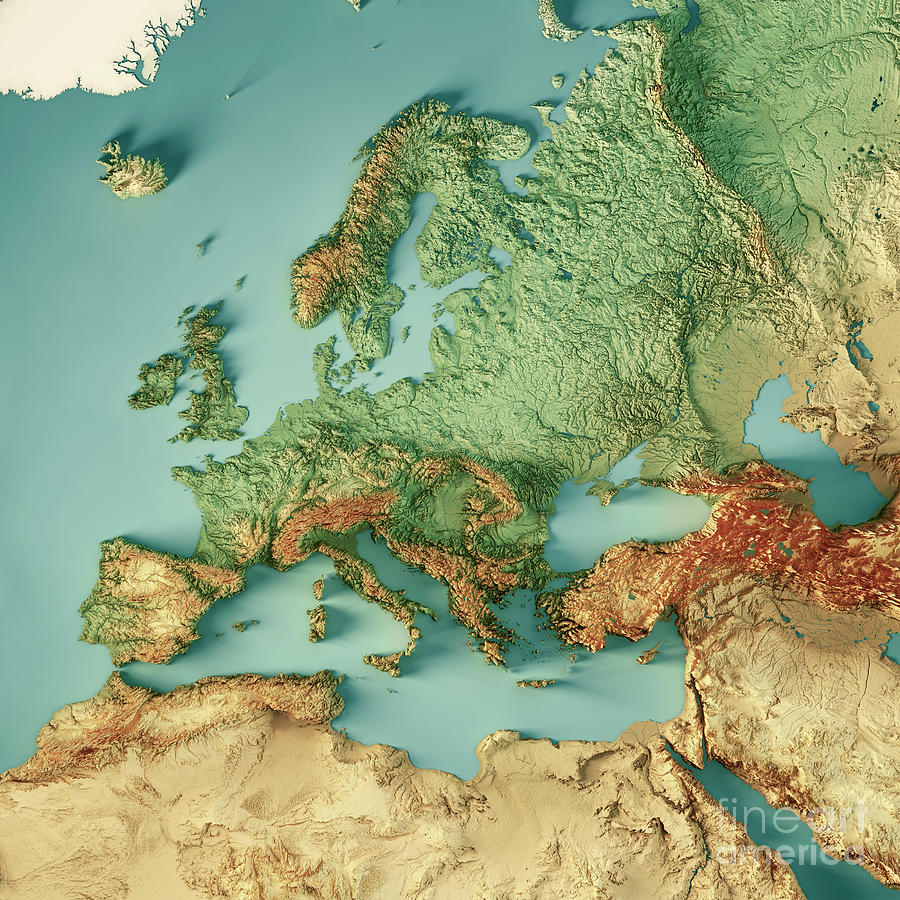



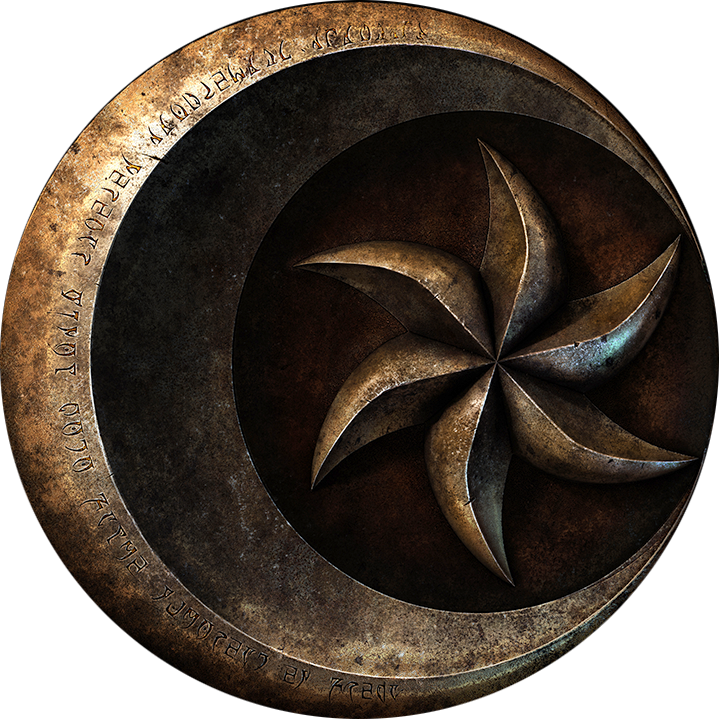




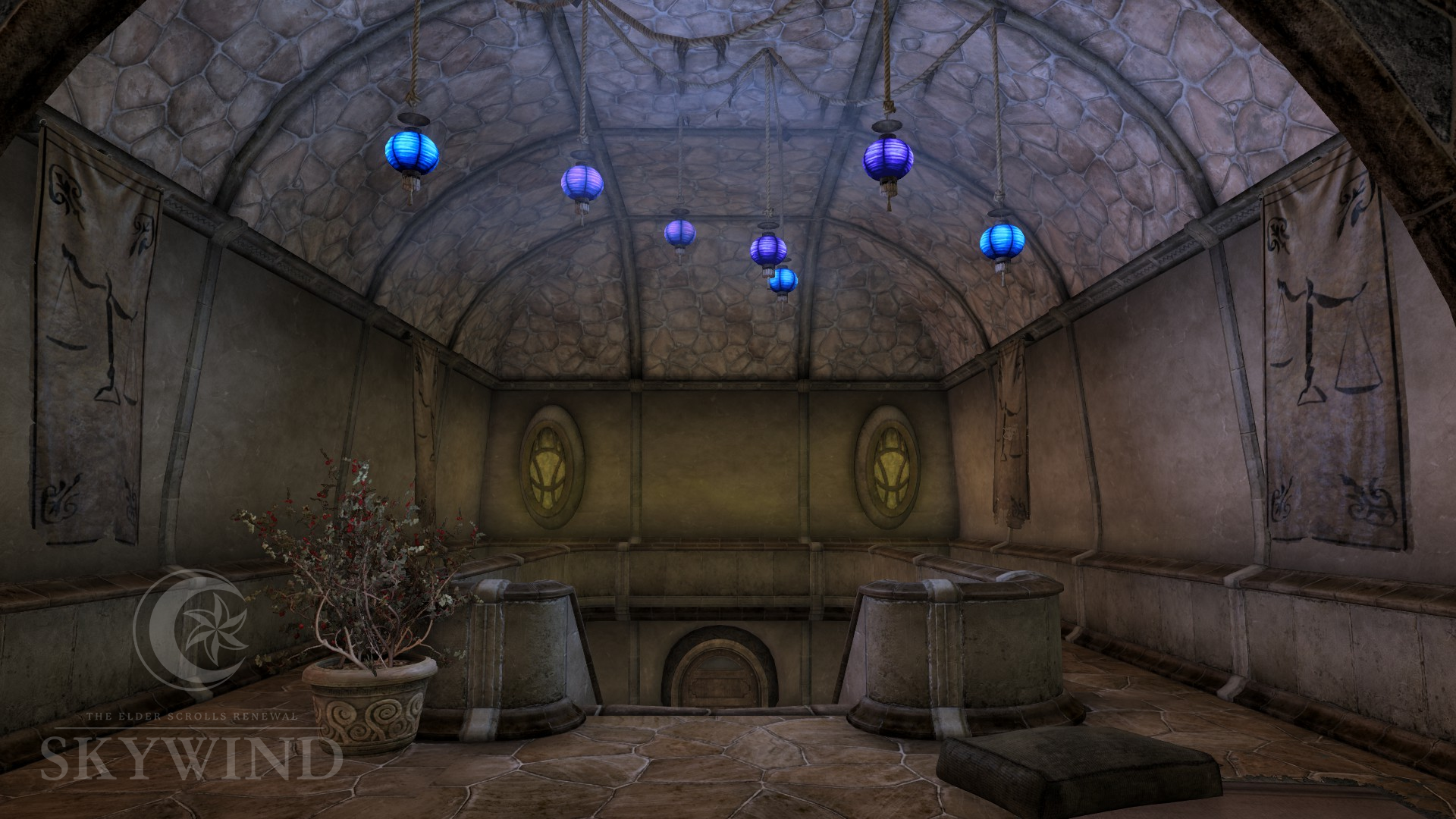
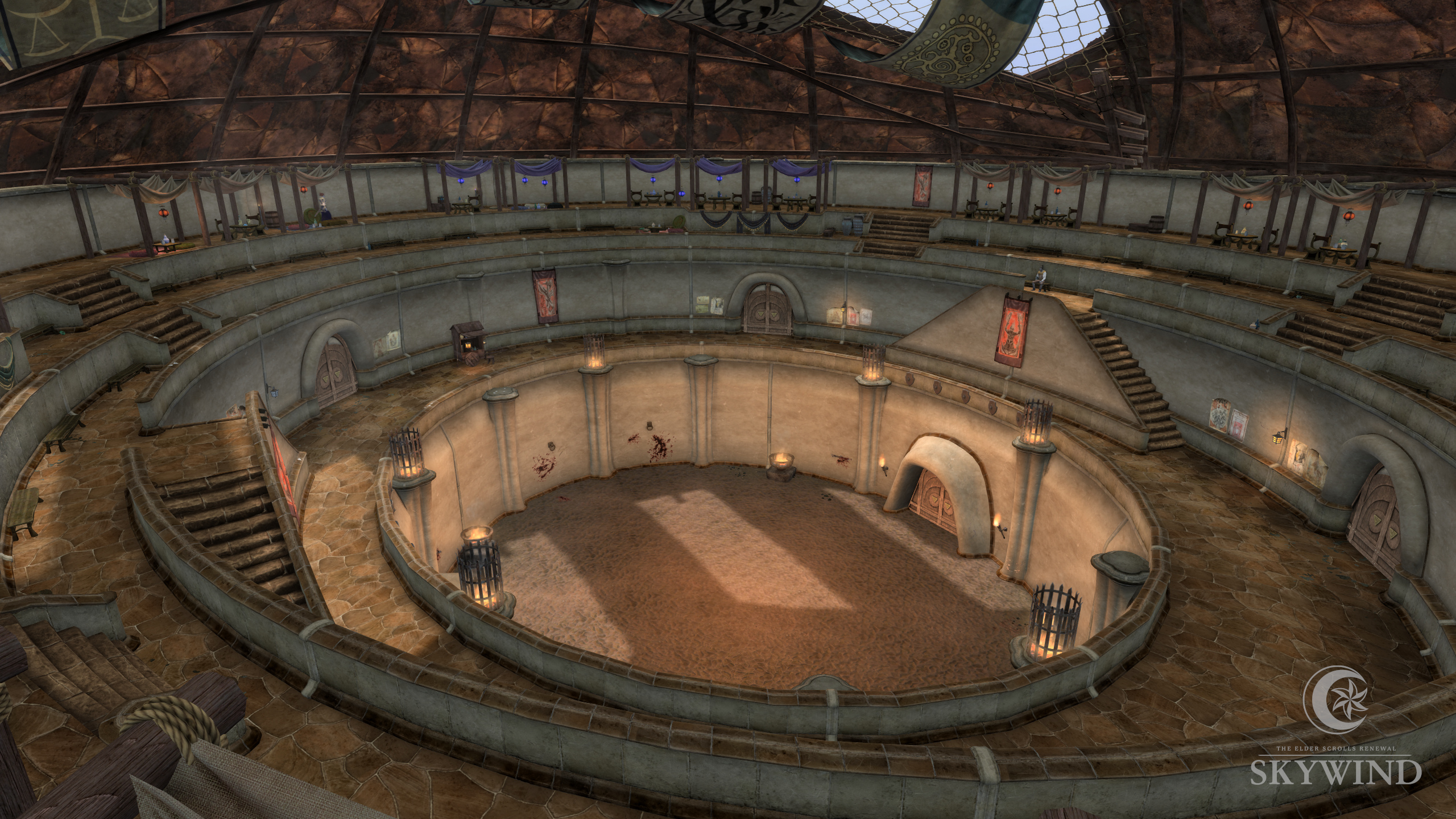

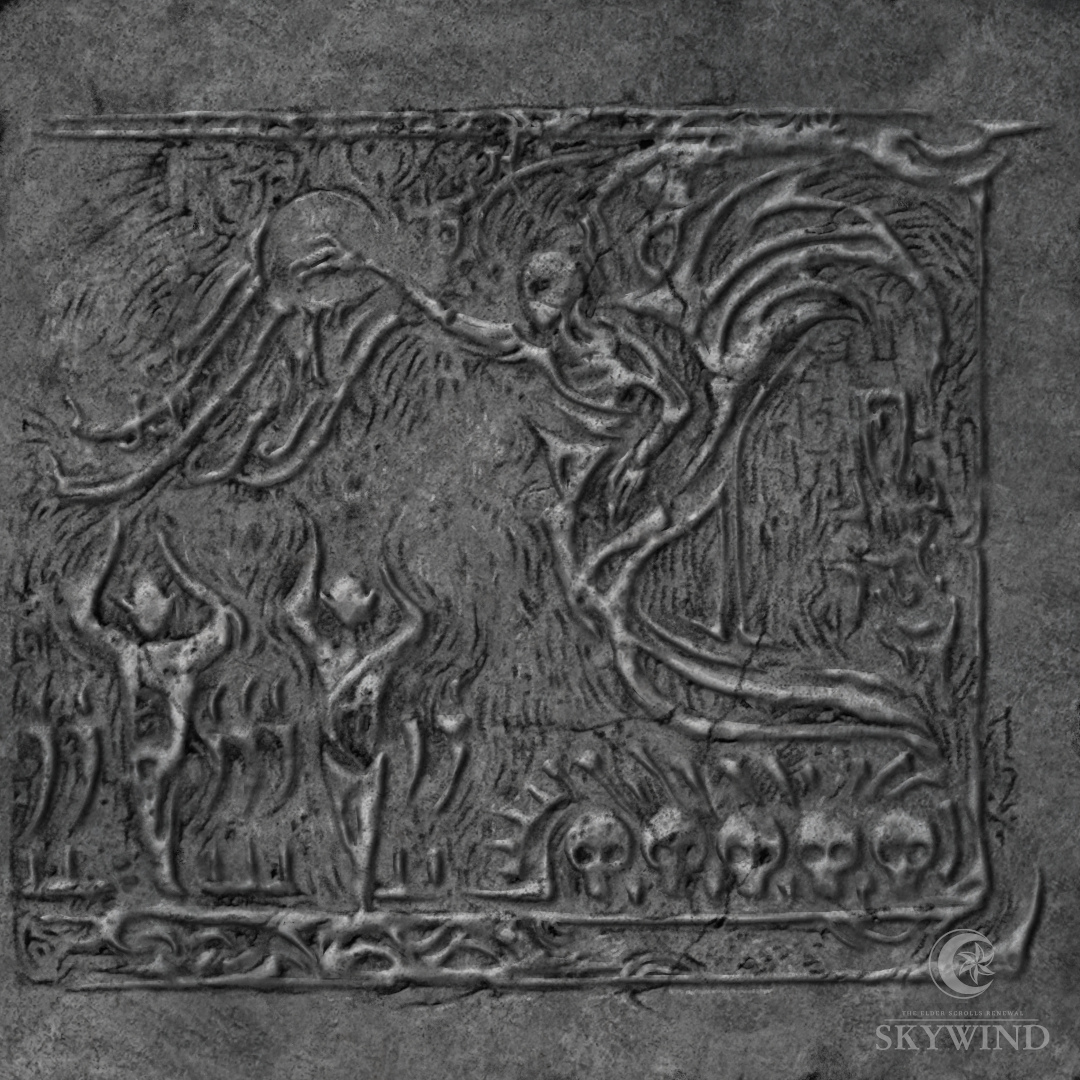
Robert Molesworth in a session on 12th August 1720:
No specific mention of snakes, but that was part of the Roman “punishment of the sack”.